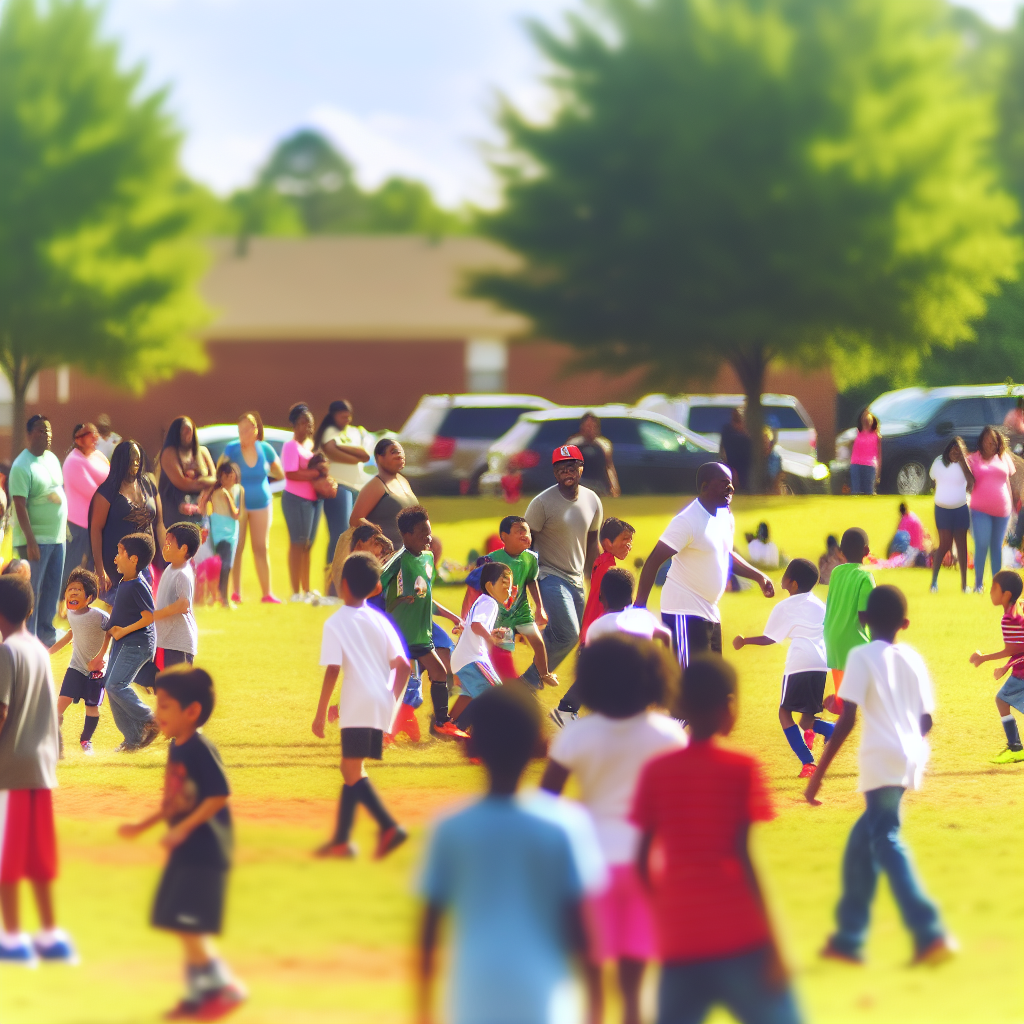Soccer, more than just a game, serves as a transformative tool for youth development, offering pathways to personal growth and community enhancement. This article explores the multifaceted benefits of grassroots football programs, mobile training, and inclusive coaching in shaping future leaders and fostering social change.
Grassroots Football Programs and Community Impact
Grassroots football programs serve as a foundation for cultivating local talent and fostering community bonds through accessible and inclusive soccer platforms. By offering training and competitive opportunities, these programs break down socio-economic barriers, ensuring all children can participate. As a result, volunteer coaches and community members engage deeply, nurturing a sense of belonging and shared purpose. Furthermore, these initiatives empower families by creating a supportive environment that can inspire leadership and encourage lifelong connections, strengthening the social fabric of neighborhoods.
Character Building Through Soccer
Through the medium of soccer, young athletes engage in a transformative process that enhances their character and instills essential life skills. The sport nurtures **teamwork**, as players learn to collaborate towards shared goals while embracing the importance of each individual’s contribution. Furthermore, **discipline** is cultivated through regular training and adherence to strategies, teaching athletes the value of commitment. Additionally, soccer fosters **resilience**, as players navigate challenges and setbacks on the field, empowering them to approach adversity with confidence and determination. This holistic approach to player development not only shapes exceptional athletes but also equips them with vital skills for personal growth.
Youth Sports Mentorship and Leadership
In youth soccer, mentorship plays a pivotal role in shaping the next generation of athletes. Experienced coaches and former players serve as role models, guiding young athletes not only in skill development but also in instilling values such as respect, perseverance, and leadership. By sharing their journeys, mentors foster a culture of enthusiasm and accountability, encouraging youth to strive for excellence both on and off the field. This dynamic creates a legacy of inspired young leaders prepared to impact their communities positively through the sport, reinforcing a cycle of empowerment and character building.
Inclusive Coaching and Diverse Participation
Inclusive soccer coaching practices are vital in creating an environment where all youth, regardless of background or ability, can thrive. By fostering diverse participation, coaches can implement strategies that emphasize empathy, respect, and inclusivity. **Programs should focus on varied skill levels, ensuring every player receives appropriate training**. Furthermore, inclusive coaching encourages engagement from underserved communities, allowing youth to see themselves represented on the field. This approach not only builds individual confidence but also cultivates a sense of belonging, essential for personal growth and community cohesion.
Pathways to Success: From Scholarships to Professional Leagues
After-school soccer programs serve as vital pathways, connecting potential and opportunity for talented youth. By providing structured training and mentorship, these programs facilitate soccer talent discovery while nurturing essential life skills. Athletic scholarships, often tied to these initiatives, empower youth to pursue higher education and athletic excellence. This dual support not only leads to potential careers in professional leagues but also fosters discipline, resilience, and leadership. Through dedicated community efforts, young players develop into well-rounded individuals, ready to influence future generations positively.
Final Thoughts
Through soccer, today’s youth gain essential life skills, character development, and leadership qualities. These experiences empower them to grow into well-rounded individuals who can drive positive change within their communities.
